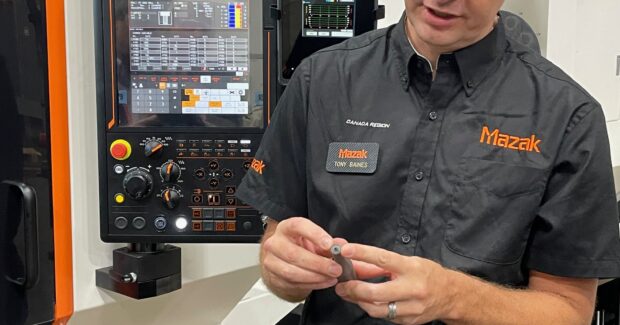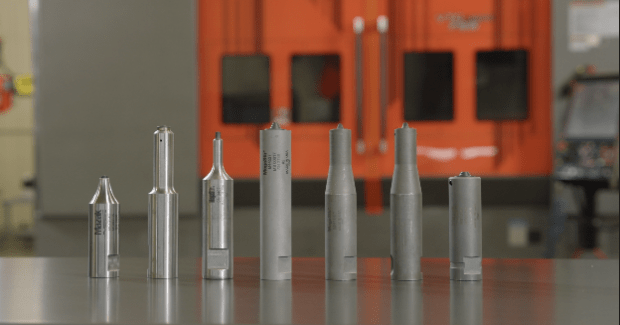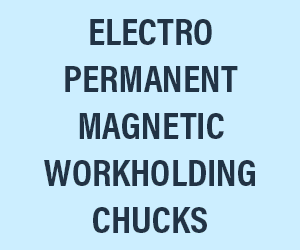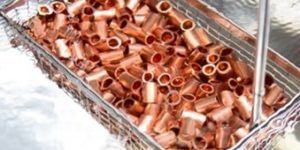Friction Stir Welding Produces Superior Weld Quality
Advanced technology joins dissimilar metal components on the same machine, resulting in high seam strength and capital savings.
Posted: November 8, 2023
Friction stir welding’s solid-state joining process provides advantages over fusion welding processes, with no porosity or cracking issues.
Automated FSW for Electromobility Vehicle Production and Other Industries
KUKA Robotics’ (Shelby Township, MI) advanced friction stir welding (FSW) joining process is the optimal joining process for non-ferrous metals and mixed metal combinations frequently encountered in fabricating EV battery housings and trays.
KUKA’s FSW process is used in a variety of industries from automotive, e-mobility and aerospace to electronics. Even materials that are difficult to weld or dissimilar materials such as aluminum with magnesium, copper or steel can be friction stir welded. FSW is cost effective, sustainable and provides superior weld quality with high seam strength, minimal distortion and no welding defects.
Regarding electromobility, KUKA works with customers through every step of the electromobility production chain. This includes assembly lines for battery modules and battery packs, rotary friction welding facilities for the manufacture of contacts and battery housings with friction welding and robot-guided stir welding.
At a recent trade show, KUKA demonstrated the FSW process featuring the company’s new KR 10 CYBERTECH Nano and KR 500 FORTEC robots enhanced with Roboception and SICK PLB 3D vision technologies, as it welded an assembly from aluminum parts. In the demonstration, the heavy-duty KR 500 FORTEC picked and placed parts to be welded by a precise, compact KR 10 CYBERTECH Nano. With a reach of up to 3,326 mm and payload capacity of 340-to-500 kg, KR 500 FORTEC combines power, precision and efficiency for a wide range of applications.
Successful Advanced Joining Technology on Hybrid Multi-tasking Machines


As a pioneer in friction stir welding (FSW) technology, Mazak Corp.’s (Florence, KY) MegaStir displayed some of its latest developments for the advanced joining process at FABTECH 2023, held in September in Chicago. Among those developments are the company’s dynamic and intelligent FSW tool holders and its line of diamond FSW tool tips. Dynamic holders support older legacy machines, while intelligent holders provide connectivity for process feedback, and the diamond tipped tools enhance FSW performance and extend tool life.
All are for use in HYBRID Multi-Tasking machine operations that combine subtractive processes with that of FSW assembly/joining. This hybrid platform provides the ability to join assembly components on the same machine with the same operator and consolidates factory floor footprints while decreasing capital expenditures.
For the Mazak MegaStir process, an intelligent FSW tool holder is pulled — via a normal tool change cycle — from the tool magazine of a Mazak vertical or horizontal machining center to perform FSW operations. The tool holder collects temperature, Z-axis load data and other information to enable operators to manage the FSW process. FSW software available through Mazak’s MAZATROL Smooth CNC allows real-time monitoring of FSW’s three main processes — plunging, traversing and extracting.
For older machines, Mazak MegaStir developed its dynamic FSW tool holder. While the holder is manual and does not connect to the machine CNC, it does allow shops to reap all the benefits of adding FSW capability to conventional subtractive machine tools.
Designed specifically for joining aluminum alloys, Mazak’s MegaStir-patented ultra-hard diamond tipped FSW pin tools deliver higher performance, longer tool life and superior weld quality. With the strength of polycrystalline diamond, the tools provide effective thermal conductivity for improved weld surface finishes and allow for higher spindle speeds that boost FSW productivity rates.


















